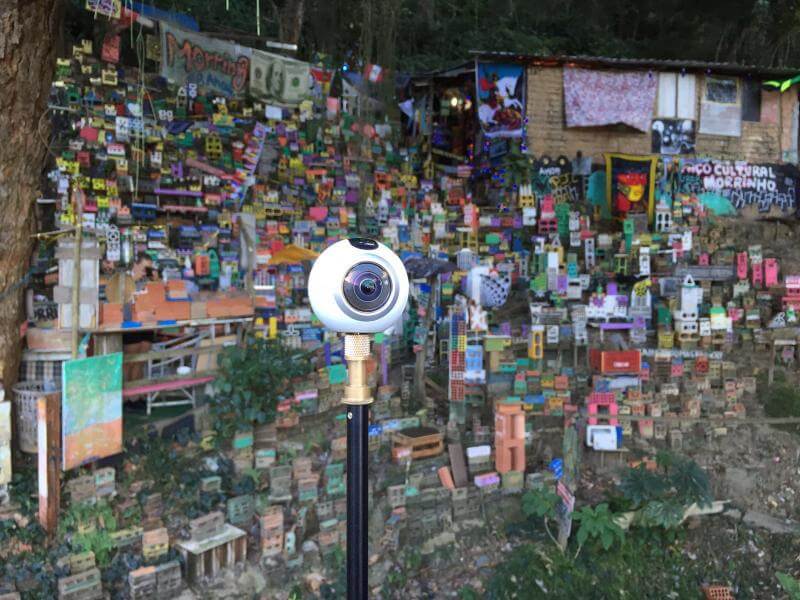Making Sensible in 360°
Alexandra Lippman, University of California, DavisBoston 2017: Visual and Sensory Approaches

Virtual Reality and 360° video promise to create an immersive future for storytelling. producers imagine that the new format will make sensible in a way that moves beyond passive watching to active virtual participation. As everything visible from the camera becomes sensible, producers claim that viewers will have true-to-life experiences. During the 2016 Olympics, I collaborated with RYOT, a Virtual Reality media company with a social justice bent, to direct a series of short 360° documentaries based on my ethnographic research in Rio de Janeiro. While I drew from slow research (2008-present) and long-term relationships with interlocutors, RYOT’s Rio Creator’s Lab operated on an accelerated timescale of only two weeks. Although various tensions arose, I framed our questions and directed attention and producers taught me how to communicate my research through the visual. I will present a series of four 360° videos, which explore issues of infrastructure, race, expressive culture, and technology in a city in the midst of crisis and celebration. I will reflect on the videos in an artist statement on compromise and collaboration in the encounter between radically diverging ideas about temporality, representation, and the politics of making sensible. I ask what the future of immersive 360° video could be for STS, how this may require collaboration, and how collaboration impacts the making and doing of our research.
Published: 01/30/2023
